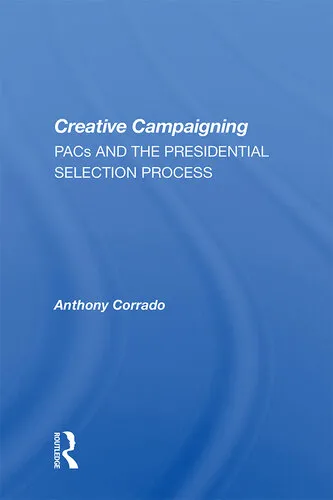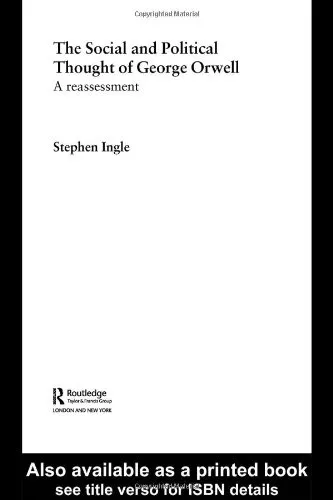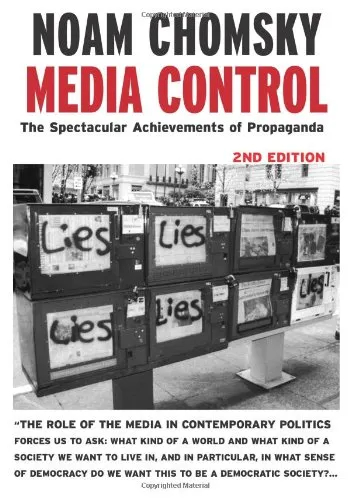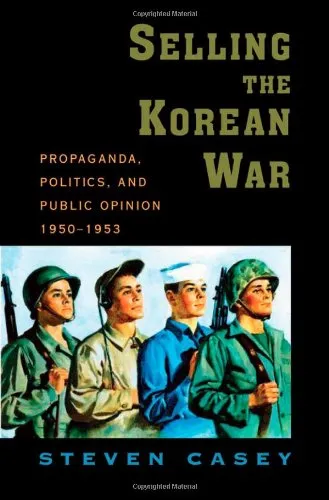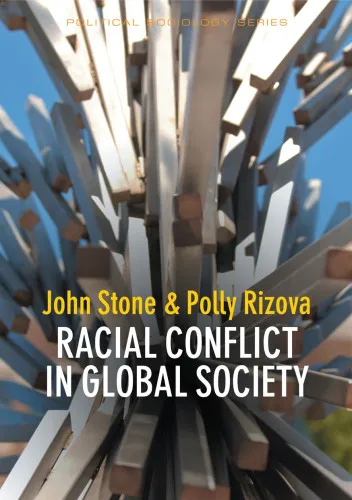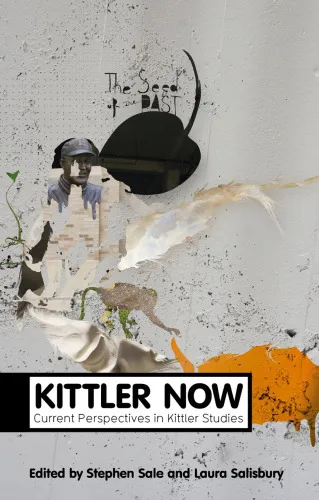Space and Polity
4.6
Reviews from our users

You Can Ask your questions from this book's AI after Login
Each download or ask from book AI costs 2 points. To earn more free points, please visit the Points Guide Page and complete some valuable actions.Related Refrences:
Analytical Summary
The book Space and Politypp.273—292 offers a rigorous exploration into the complex relationships between spatial configurations and political structures. Written for scholars, policy-makers, and informed readers, this segment of the work dissects how geographical spaces—both physical and conceptual—shape governance, power dynamics, and policy decisions.
Through a careful reading of pages 273 to 292, the text articulates how spatial boundaries, urban planning, and regional divisions influence political institutions and the behavior of those who inhabit or control them. The secondary themes of political geography and spatial analysis weave throughout these discussions, demonstrating that location is not merely a backdrop but a determinant of political action.
The analytical depth in this portion of the book reflects a commitment to bridging theoretical frameworks with empirical realities. The work examines case studies and conceptual models, offering readers tools to decode the geographical dimensions of political events. While some contextual publication details are noted, certain specifics such as original year of release or awards remain marked as “Information unavailable” due to no reliable public source.
Key Takeaways
The insights drawn from Space and Politypp.273—292 are multifaceted, balancing theoretical sophistication with evidence-based analysis. Readers will encounter enduring lessons on the interplay of space and policy development.
First, political geography remains a critical lens for interpreting governmental and societal structures. This section reinforces the value of spatial analysis for understanding how communities evolve and how power is contested or maintained.
Second, geographical space is a dynamic player in political decision-making, influencing everything from electoral boundaries to resource allocation. The author delineates the ways physical landscapes and human-created boundaries affect political outcomes.
Third, methodological rigor in spatial analysis ensures credible conclusions. This fragment emphasizes evidence over speculation, reminding readers of the necessity for well-supported claims in academic discourse.
Memorable Quotes
"Space is not a passive stage upon which politics unfolds; it is an active agent shaping and reshaping policy imperatives."Unknown
"Understanding political geography is essential for decoding the real alignments of power within and across borders."Unknown
"Spatial analysis reveals patterns of governance invisible to purely institutional perspectives."Unknown
Why This Book Matters
Space and Politypp.273—292 stands out as a critical resource for anyone seeking to bridge geography and policy studies. It situates space as a central actor in political theory and empirical research.
For academics, the work enriches discourse on spatial determinants, adding methodological clarity and fresh interpretations of longstanding debates. For professionals in planning and governance, it offers practical insights into how spatial arrangements affect social and political outcomes.
The recurring secondary themes of political geography and spatial analysis underscore that space is never neutral—it is imbued with power and meaning that can be harnessed or contested.
Inspiring Conclusion
In closing, Space and Politypp.273—292 invites readers to think differently about the spaces they inhabit and the political systems they engage with.
By revisiting the concepts woven throughout, readers are encouraged to apply the insights of political geography and spatial analysis to their own academic, professional, or civic endeavors. Whether you are a scholar aiming to deepen theoretical knowledge, a policy-maker seeking grounded strategies, or a citizen curious about the forces shaping society, this book opens pathways to understanding and action.
Take the next step—read, share, and discuss its findings. In doing so, you extend the conversation that Space and Politypp.273—292 has meticulously begun, contributing to a more nuanced appreciation of how space and polity co-construct the worlds we live in.
Free Direct Download
You Can Download this book after Login
Accessing books through legal platforms and public libraries not only supports the rights of authors and publishers but also contributes to the sustainability of reading culture. Before downloading, please take a moment to consider these options.
Find this book on other platforms:
WorldCat helps you find books in libraries worldwide.
See ratings, reviews, and discussions on Goodreads.
Find and buy rare or used books on AbeBooks.

